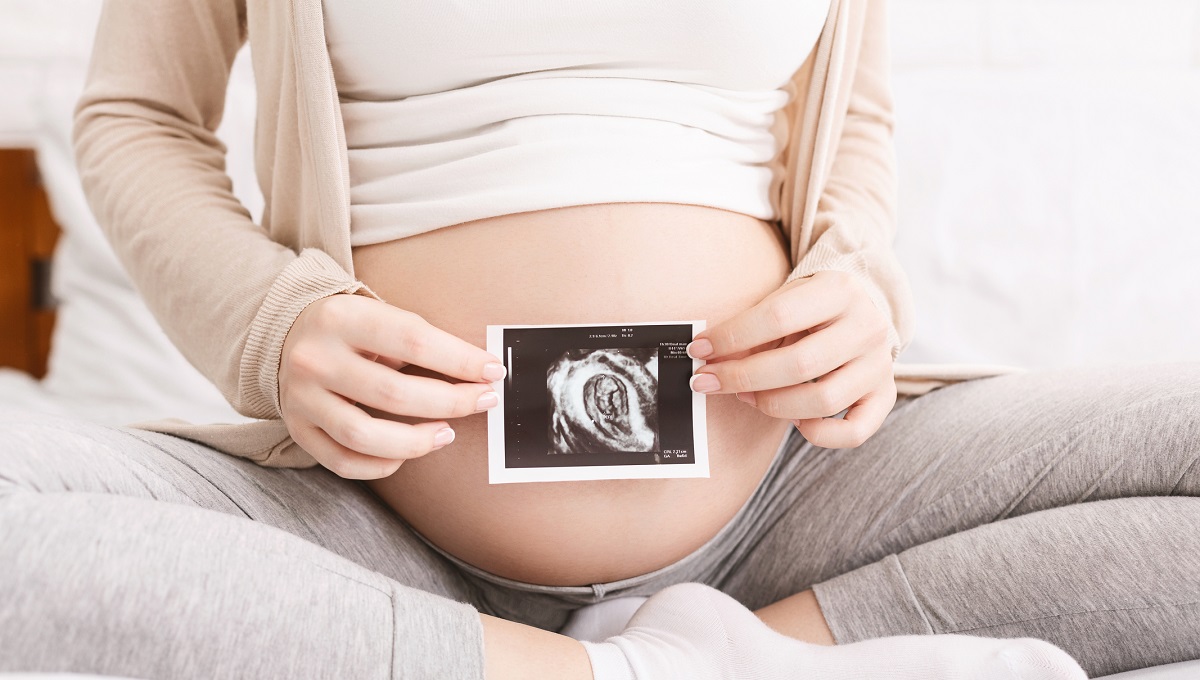
Food safety advice for pregnant women has been updated in New Zealand including changes to suggestions about fish, certain cheeses and raw milk dairy products.
The focus is Listeria monocytogenes, Toxoplasma gondii, methylmercury and caffeine, as these hazards have known specific impacts on the fetus. For Salmonella and Campylobacter, associated with adverse outcomes on the pregnancy period, supporting epidemiological evidence is weaker.
New Zealand Food Safety advice on the topic during pregnancy was published in 2007. The Institute of Environmental Science and Research Limited (ESR) helped update the guidance.
Update to advice
Claire McDonald, manager of operational research at New Zealand Food Safety, said the update provides more options and ways to reduce the chance of illness from food.
“We’ve looked at new foods that were not previously considered because we want pregnant women to have the most up to date food safety information so they can enjoy a diverse diet and stay healthy,” she said.
“It’s important pregnant women know what’s safe to they can avoid dangerous infections, such as listeriosis and toxoplasmosis, which can affect them more severely than non-pregnant women. We know more about food safety now than we did just a few a years ago and it’s important people educate themselves and take simple steps such as washing produce and cooking certain foods properly.”
The guidance advises thorough cooking of seed sprouts such as alfalfa or mung bean and dried herbs before eating and avoiding unpasteurized fruit juices and non-alcoholic cider. Whole melons should be washed and dried before cutting and frozen berries should be cooked thoroughly before eating.
Changes in guidance
New Zealand Food Safety has strengthened current advice related to low acid soft pasteurized cheeses like brie, camembert, blue, ricotta, mozzarella and feta to recommend that pregnant women do not eat them unless cooked.
Current advice is to dispose of products like pasteurized milk or yoghurt two days after opening. The reviewed scientific evidence found that, if the products are refrigerated in their original packaging and care is taken not to contaminate lids when using, it is safe to follow the manufacturers on label advice.
The report suggested advice on soft serve ice cream be reconsidered. However, the expert opinion is that, given the likelihood of Listeria in the product through its processing, current instructions to avoid it during pregnancy are adequate.
Bakery products such as cakes, slices and muffins with added cream or custard should not be eaten unless the cream is newly opened and custard is homemade and fresh. Unpasteurized, raw milk should not be consumed or used and raw milk cheeses, raw fish and raw eggs should not be eaten.
Advice for any raw meat including chicken or other poultry, beef and pork or raw offal such as heart, liver and kidneys is not to eat or taste; don’t touch face, mouth or eyes while preparing food; wash and dry hands after touching raw meat. Additional advice could include cleaning work surfaces and utensils and not washing raw poultry, according to the report.
Ready-made salads and coleslaws from delis should not be eaten. Pre-packaged leafy green salads are also of concern. Store-bought sushi should not be consumed while homemade can be eaten under certain conditions. Hummus and tahini are to be avoided.
There are now no restrictions on number of servings per week for gemfish, oreo dories, orange roughy, ling and smooth oreo fish species. Previous advice limited weekly servings to minimize mercury intake.
FAO and WHO analysis suggests albacore tuna, bass, hake, hapuka, skate, snapper and sprats, which are classified as three to four servings per week. could be classed as no restriction necessary.
(To sign up for a free subscription to Food Safety News, click here.)
Article From & Read More ( Research shows need to update food safety guidance for pregnant women - Food Safety News )https://ift.tt/39er49x
food

Tidak ada komentar:
Posting Komentar